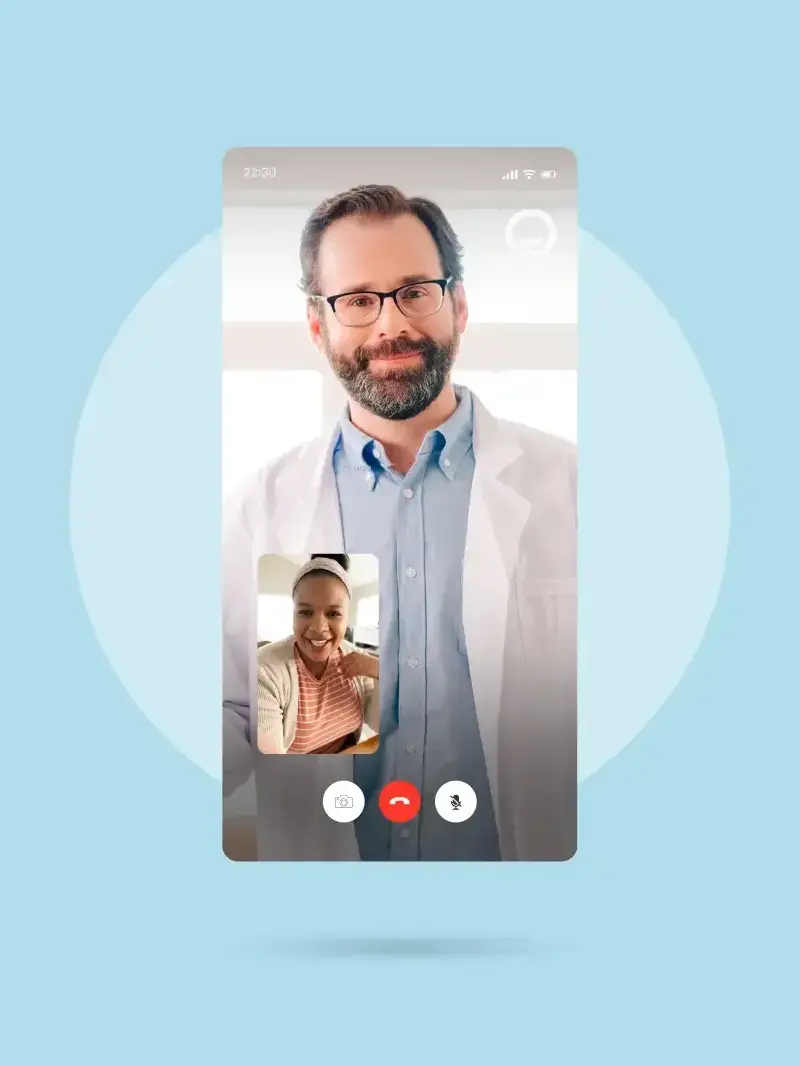-
Stress
-
History of sexual repression
-
History of sexual dysfunction
-
Guilt
-
Unrealistic expectations of sexual performance
-
Lack of confidence
-
Problems in your relationship
None of these will definitely cause premature ejaculation, but any one of them can raise your chances of suffering from it.
While many people may consider premature ejaculation to be an age-related issue, it can affect men of all ages. However, changes do occur to sexual performance as men age, which can lead to premature ejaculation in older men.






